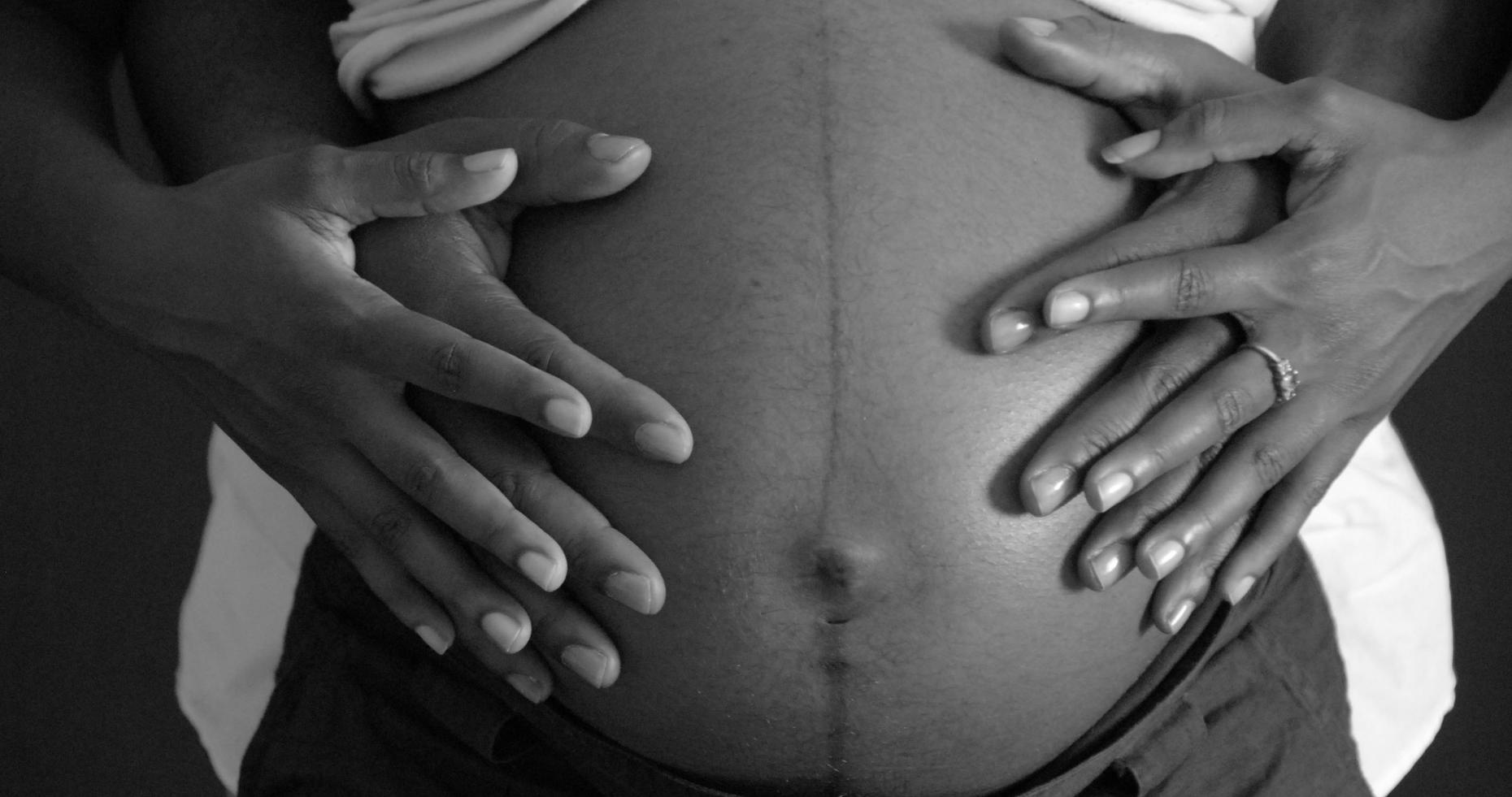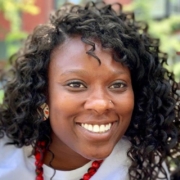“Moment Mapping as Reparative Arts to Address Obstetric Racism in Labor & Delivery”
The United States’ medical system has a lengthy history of obstetric racism and Black birthing people have long endured the burden of this violence (Bridges 2011, Mullings 2005, Roberts 1997, Washington 2006). In 2021, the maternal mortality rate for non-latinx Black women was nearly three times the rate of non-latinx White women (Hoyert 2023). Given that 60-70% of perinatal deaths are preventable, we need new approaches and orientations to address these problems (Scott 2012). This study investigates the relationships between racial bias, discrimination, and hate and how they structure labor and delivery in the U.S. We propose a unique methodological approach called moment mapping, which bridges data visualization and healing arts, to investigate and address moments of anti-Black hate that permeate clinical encounters in hospital-based labor and delivery care. We use a mixed methods approach including in-depth interviews, participant observation, birth histories, healing circles, and reparative arts to center the experiences and perspectives of Black women and birthing people. The study is designed to provide the foundation for future research into effective hospital-based interventions to redress harm and to guide efforts to mitigate obstetric racism and its effects.
CSW|Streisand Members
Ugo Edu
Ugo Edu is a medical anthropologist working at the intersection of medical anthropology, public health, black feminism, and science, technology, and society studies (STS). Using interdisciplinary approaches, her scholarship focuses on reproductive and sexual health, gender, race, aesthetics, body knowledge, and body modifications. Her book project: The “Family Planned”: Racial Aesthetics, Sterilization, and Reproductive Fugitivity in Brazil, traces the influence of an economy of race, aesthetics, and sexuality on reproductive and sterilization practices of women in Brazil. She is working on a play, Securing Ties, which draws heavily on her book project as a means for critical public engagement and an incorporation of the arts in her scholarship. She is an Assistant Professor in the African American Studies Department and leads the Black ASH Lab at UCLA.
Adeola Oni-Orisan
Adeola Oni-Orisan is a medical anthropologist and family physician whose research engages critical race theory, Black feminist studies, and science and technology studies to examines how ideas about Blackness, gender, and health are reinforced, deployed and resisted in struggles for health and well-being. She has conducted research on issues related to reproductive health in Nigeria, Zambia, and the United States. Her book project, “To Be Delivered: Pregnant and Born Again in Nigeria” is an ethnographic and historical exploration of the lived experiences of pregnant Nigerians as they navigate intersecting yet competing systems of care proposed by state, church, and international development organizations in search of successful deliveries.




